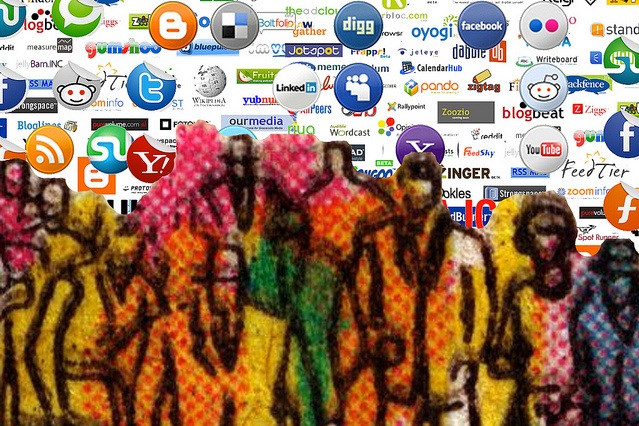Unplugging: Managing “Toxicity Overload”
By: Other | November 26, 2018

Written by Paul Paris, Ph.D.
Is your psyche disturbed by world events? Are you overwhelmed by what’s happening in our country? It seems easy these days for such external environments to adversely affect our personal lives.
In my own personal life, I have to be mindful of ways to shift and balance my attention so that I am not inundated with a barrage of content — particularly from news and social media — that can trigger strong negativity. In my relationships and clinical practice as well, I see more and more people overwhelmed not only by recent events, but also by the societal outlets that disseminate these events. The resulting phenomenon is what I call “toxic overload,” a feeling further compounded by existing dynamics in social media and the press.
While it is important to be informed, it is also important to have life balance. We must ensure that the undertow of negativity does not carry us away toward long-term mood disturbance, difficulty with stress management, or interfere with our quality of life and relationships.
Here are some suggestions that can help to manage “toxicity overload”: the feeling of burnout, negative mood, even the low physical state that results from the pervasive outside sources that encroach on our psyche and experience.
Effectively Manage Social Media
Social media can carry great impact upon our mood, sometimes positively and sometimes negatively. Responses to our posts can affect us in various ways. It may help to take periodic “breaks” from social media, for example, by taking a week off or limiting the number of times we check our accounts on a given day. Proactive management of our social media accounts can help, for example, by analyzing which posts drain us or make us feel worse, by blocking certain sites, or by re-evaluating our social connections (e.g., limiting what shows up in our feed from certain individuals). We can hone such triggering content from our feed.
Limit Exposure to News
This is tricky, especially for individuals who want to keep informed on current events. It may help to limit news media exposure to no more than one show per day or even setting other limits on news content to which you are exposed. Examples of this include limiting news site postings on your social media, accessing news no more than 3 times per day, or finding a reliable news source that provides national and international news only briefly each day. Remember that it is important to keep informed, but too much negative news exposure can have detrimental effects on mood and perception. A useful tip is to watch news later in the day or evening so as not to set a bad tone for the rest of your day if the content is negative.
Enjoy Regular Doses of Comedy
Humor is one of the unsung heroes of mental health and overall well-being. Although horrible things go on in the world, positive things happen as well — things that make us laugh, lighten our mood, or just make us feel good. Be mindful to include humor and comedy in your life, ideally on a daily basis. Some helpful tips include subscribing to humor pages on social media, watching your favorite comedy show daily on TV, or if you are a reader, checking out a new comedic novel or essay collection.
Empower Yourself!
I notice more hopelessness and feelings of frustration and helplessness. “How do I make a difference in the world or my community? What can I do to change things in a positive way?” In my opinion, one of the best things you can do is hands-on involvement in your local community. Volunteer for a nonprofit organization that helps others. Get involved with a local social justice or equality group. Do not downplay your power and ability to change at least one person’s life in a positive way.
Being a social person and an informed citizen is important, but it is possible to overdo it with over-exposure to negative content. The tips provided herein can help achieve greater balance in your life. They can assist you generating your own ideas for managing how much and how often you allow certain information into your awareness. Gatekeeping your exposure to information avoids overload and takes the “toxic” out of your inputs, preventing burnout and improving how you view yourself, others, and the world.
Image: AK Rockefeller on flickr and reproduced under Creative Commons 2.0



